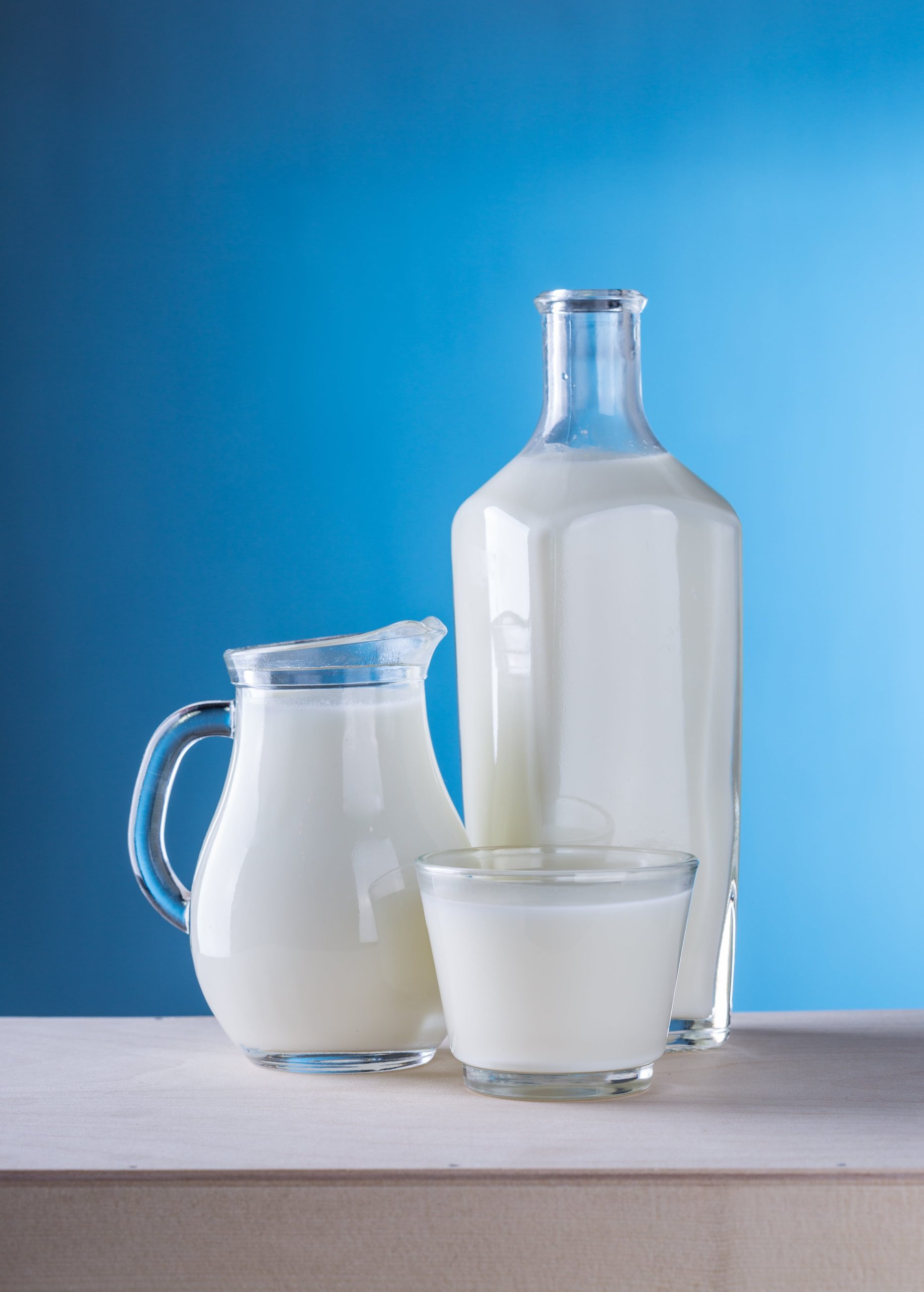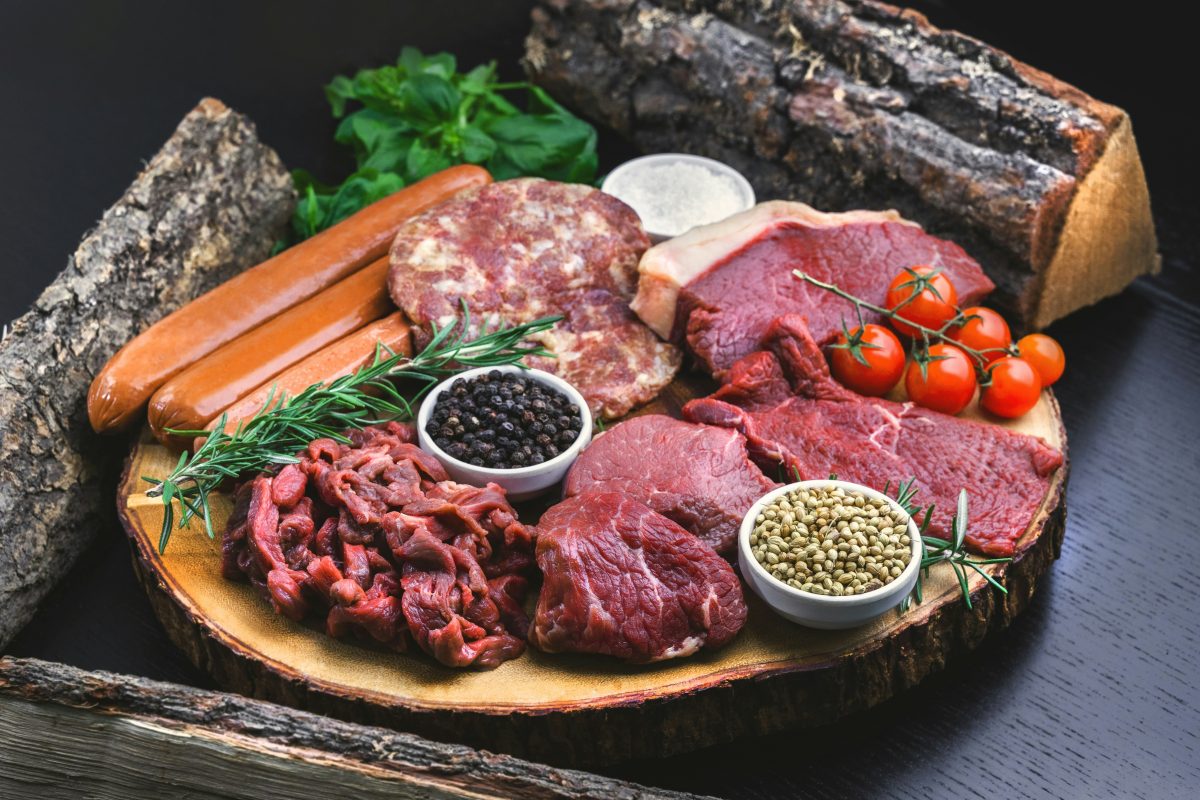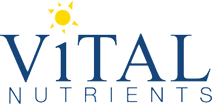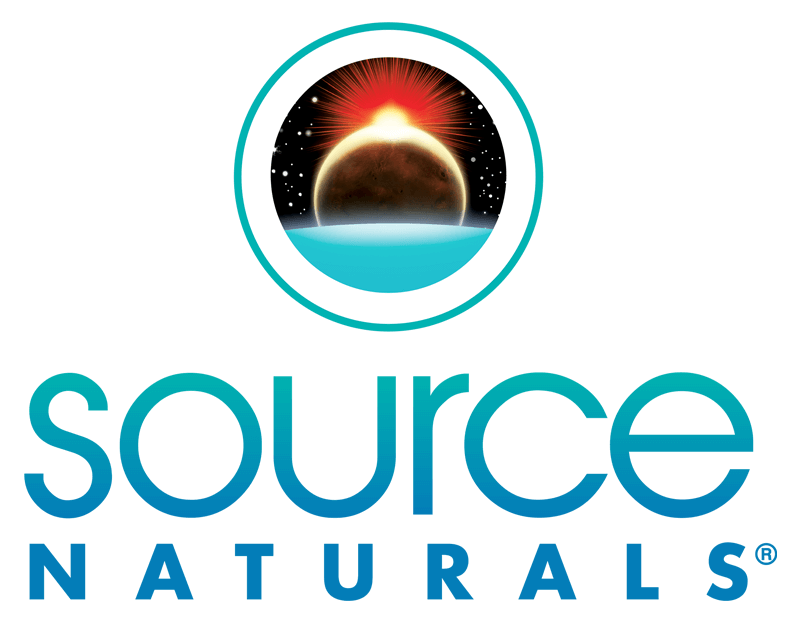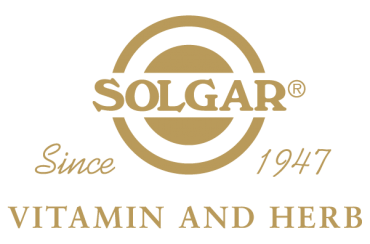Milk
Different types of milk are produced through various processes and come from different sources. Here’s an overview of how each type of milk is made, followed by rankings based on digestive tract friendliness, nutritional value, and fat content. Additionally, an outline of the nutrients and vitamins found in each type of milk:
How Different Types of Milk are Made:
- Cow’s Milk:
- Cow’s milk is obtained from the mammary glands of cows.
- It undergoes pasteurization to kill harmful bacteria and homogenization to prevent cream separation.
- Goat’s Milk:
- Similar to cow’s milk, goat’s milk is obtained from the mammary glands of goats.
- It is pasteurized and homogenized like cow’s milk.
- Sheep’s Milk:
- Sheep’s milk is obtained from the mammary glands of sheep.
- It undergoes similar processing as cow’s and goat’s milk.
- Almond Milk:
- Almond milk is made by blending almonds with water and then straining the mixture.
- It is often fortified with vitamins and minerals.
- Soy Milk:
- Soy milk is produced by soaking, grinding, and boiling soybeans.
- The liquid is then strained, and it may be fortified with nutrients.
- Oat Milk:
- Oat milk is made by soaking and blending oats with water.
- It is then strained, and some varieties are fortified.
Rankings:
Digestive Tract Friendly:
- This varies among individuals. Some may find certain plant-based milks (e.g., almond, soy) more digestible, while others tolerate dairy or goat’s milk better.
Nutritional Value:
- Cow’s Milk
- Goat’s Milk
- Sheep’s Milk
- Soy Milk
- Oat Milk
- Almond Milk
Fat Content:
- Whole Cow’s Milk
- Sheep’s Milk
- Goat’s Milk
- Almond Milk (varies based on added fats)
- Soy Milk
- Oat Milk
Nutrients and Vitamins:
Cow’s Milk:
- Nutrients: Protein, calcium, vitamin D, vitamin B12.
- Fat Content: Varies (whole, 2%, 1%, skim).
Goat’s Milk:
- Nutrients: Protein, calcium, vitamin D, vitamin B12.
- Fat Content: Similar to cow’s milk.
Sheep’s Milk:
- Nutrients: Protein, calcium, vitamin D, vitamin B12.
- Fat Content: Higher than cow’s milk.
Almond Milk:
- Nutrients: Low in protein, may be fortified with calcium, vitamin D, vitamin B12.
- Fat Content: Typically low, unless fortified.
Soy Milk:
- Nutrients: Protein, calcium, vitamin D, vitamin B12 (if fortified).
- Fat Content: Moderate.
Oat Milk:
- Nutrients: Protein (lower than dairy or soy), may be fortified with calcium, vitamin D, vitamin B12.
- Fat Content: Varies; usually moderate.
Choosing a Milk:
- Nutritional Needs:
- Consider dietary requirements, especially calcium and vitamin D intake.
- Taste Preferences:
- Choose based on personal taste preferences and dietary restrictions.
- Allergies or Sensitivities:
- Consider any allergies or sensitivities to dairy or nuts.
Benefits of Drinking Varied Types of Milks:
- Dietary Diversity:
- Varied milks provide different nutrients, enhancing dietary diversity.
- Lactose Intolerance:
- Plant-based milks are suitable alternatives for individuals with lactose intolerance.
- Nutrient Fortification:
- Some plant-based milks are fortified with vitamins and minerals, providing additional nutrients.
- Ethical and Environmental Considerations:
- Plant-based milks may align with ethical and environmental preferences.
- Cultural and Culinary Variety:
- Different milks can be incorporated into various cuisines and recipes.
Ultimately, the choice of milk depends on individual preferences, nutritional needs, and dietary restrictions. It’s essential to read labels for nutrient content and choose fortified options when necessary. If in doubt, consulting with a healthcare professional or registered dietitian can provide personalized guidance.
We hope you found the information provided by Thera-Mineral valuable and insightful. At Thera-Mineral, we are dedicated to offering high-quality supplements to support your health and well-being.
If you have any further questions, need additional information, or would like to explore our range of supplements, please don’t hesitate to reach out. You can contact us at our office located at 25216 Grogan’s Park Dr. Suite A, The Woodlands, TX 77380. Our friendly team is ready to assist you by phone at 855-472-2569 or via email at support@theramineral.com.
For your convenience, most supplements are available on our website, theramineral.com. However, if you don’t find a specific product on the site, our dedicated staff can help you place an order, and we’ll ensure it’s delivered to your place of choice.
We appreciate your trust in Thera-Mineral, and we look forward to being a reliable partner on your journey to optimal health. Thank you again for being part of our community!


